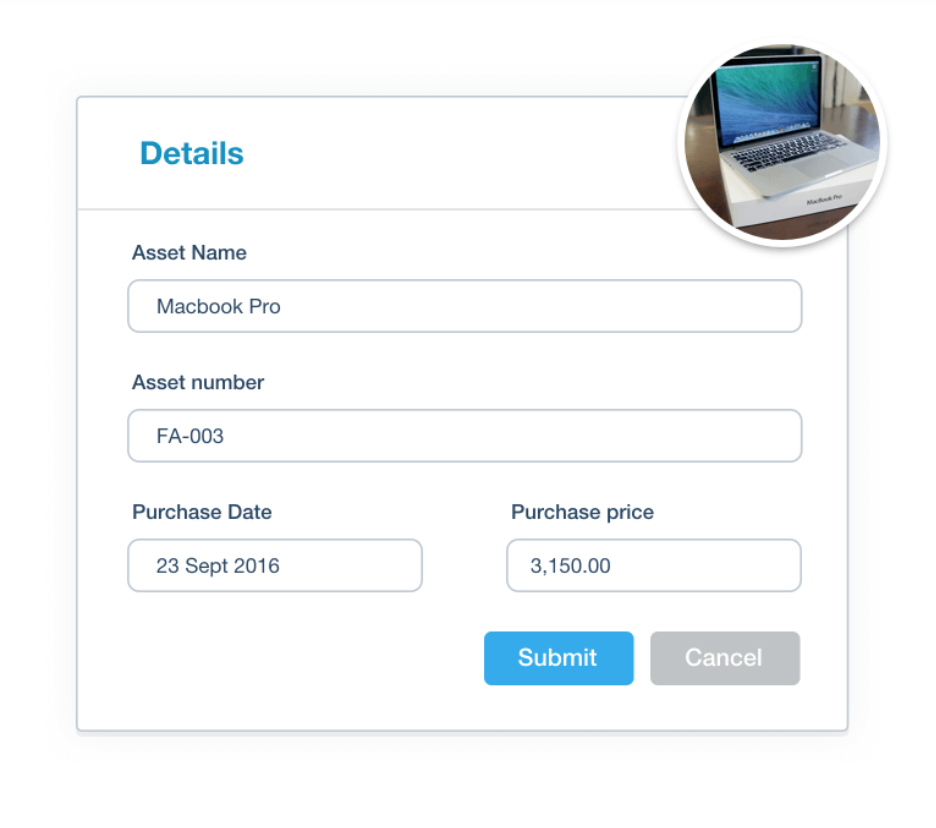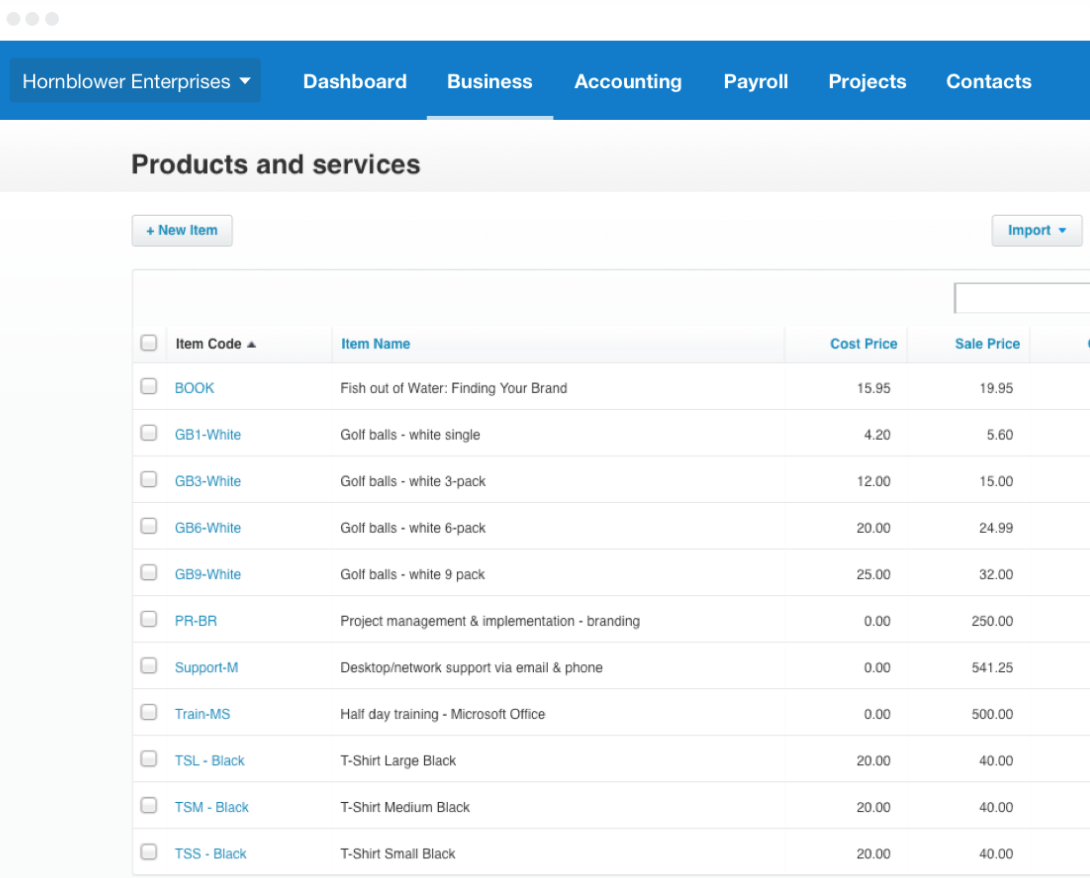Are you looking for an accounting solution to manage your finances and invoice templates for your business? There are a myriad of software options out there, boasting diverse sets of features. They all hold great potential to help you out in handling your company finances and invoicing.
Making the right choice for your needs, however, entails getting to know which solution presents the most suitable package of functionalities. You need to start off by outlining your criteria for the financial software that you want to have. Make sure to list any specificities about your business that require a special feature. Then, it’s time to explore what the market has to offer.
To help you out in your selection of an accounting solution, we’ve devised a detailed comparison between two of the popular platforms on the market - Wave vs Xero.
Wave vs Xero: features and pricing
Wave is positioning its solution as a financial software designed for entrepreneurs. It consists of three main products: accounting, invoicing and scanning tax receipts.
At the same time, Xero is referring to its solution as accounting software for small businesses. It combines different features in one product.
Let’s take a look at the features and pricing of both platforms - and compare their powers back to back.
It’s apparent from this table with comparison of features that Wave and Xero boast a similar package of capabilities. Xero offers inventory, time tracking on projects and fixed assets management, which Wave doesn’t. However, Wave provides recurrent billing, which Xero doesn’t.
Let’s delve into the full list pros and cons of Wave vs Xero to find out more about the perks that will serve your business best.
The pros of Wave
In general, Wave offers a lightweight solution that’s relatively easy to navigate. It has instant synchronization and supports multiple currencies.

1. You can track your sales tax
Wave provides not only income and expense tracking. It also allows you to keep a detailed overview of sales tax on all income and expense items. While this cannot substitute the role of an accountant, this feature is extremely helpful for staying on top of your due sales taxes.
2. You can mix and match the three products
The three products of Wave - accounting, invoicing and receipts - complement each other in a great way. You can use the accounting tool to handle income and expenses, generate financial statements, and connect with your bank cards and accounts. It also provides you with in-depth reports on cash flow and profit and loss, as well as of overdue bills and invoices. You can use it for a couple of businesses from the same Wave account.
With the invoicing tool, you can take care of billing your clients with ease.
3. It’s absolutely free
While the pricing is not the only decisive factor when choosing an between Wave vs Xero, the fact that Wave products are free is just great. Wave has developed a different model for making revenue instead of the classical monthly fees. It charges its customers for payroll services and accepting online payments.
The cons of Wave
As a free tool, sometimes Wave may be a bit lagging in terms of the richness of features. It definitely would benefit its users if it adds a time tracking functionality. It would be good to get audit history as well. Check out our list of Wave alternatives.
The pros of Xero
Xero’s accounting software is a neat and tight solution that has numerous capabilities. It supports multiple currencies and integrates well with other workplace solutions.

1. You can handle your fixed assets management
This is one of the great perks of Xero. It allows you to manage your fixed assets right within the tool. You can record business assets such as vehicles, machinery, hardware and office equipment. Then you can easily make updates and handle depreciation and disposals.

2. Manage your inventory
Inventory management is quite a ride, and Xero helps you make the process easier. You can keep track of stock, as well as learn which are your bestselling and most profitable products and services. It also streamlines the quoting, invoicing and ordering process for your stock.

3. Xero offers time tracking for projects
That’s undoubtedly Xero’s advantage in comparison with Wave. You can track the time spent on different tasks right within the platform, so timesheets become a thing of the past. This allows you to easily juxtapose the hours against the expenses and the payments, so that you can dynamically track the profitability of projects. The accurate build-in time tracking also helps with timely and correct invoicing.
The cons of Xero
It seems that Xero can do better in terms of its reporting features. There are some capabilities, but they are a bit limited and not as comprehensive as expected.
The bottom line on Wave vs Xero
For a free solution, Wave offers a wide range of functionalities that will surely boost your business operations. Xero is a fair contestant, boasting more features in a tight solution.
Why choose Bonsai instead
While Wave and Xero are solid solutions for your accounting needs, Bonsai is the right choice for freelancers. It is designed with the solo professional in mind, making sure that you receive due payments from clients quickly and accurately.
Bonsai offers an unprecedented level of automatization that makes mundane tasks a breeze. It supports 180 different currencies and international payments, which makes it a solution applicable worldwide. Bonsai also provides you with freelance invoice template, retainer agreement, and online signature maker.
These features save you a ton of time and effort that you can instead invest in the truly important work for developing your professional path as a freelancer.
You can try out Bonsai today by signing up for a free trial.






